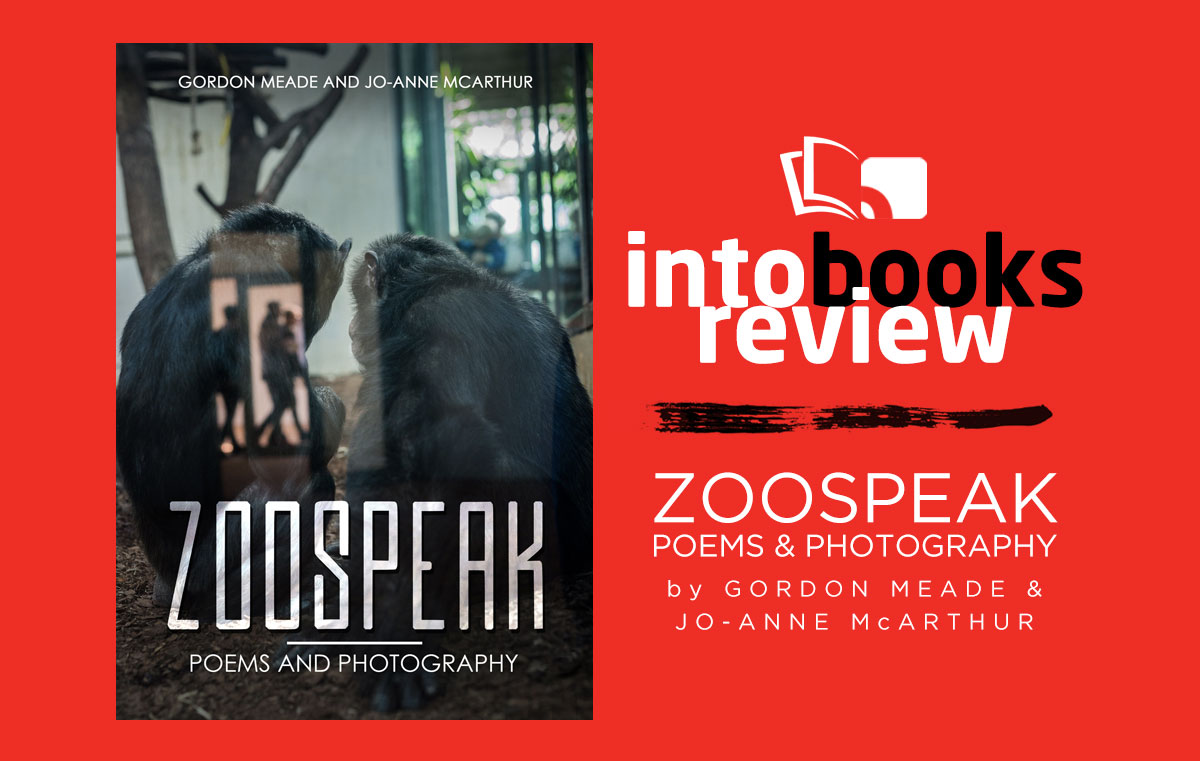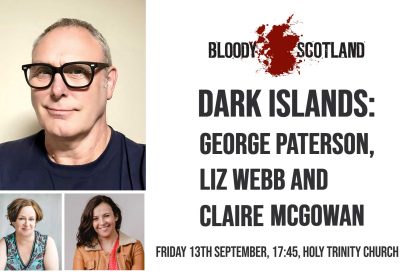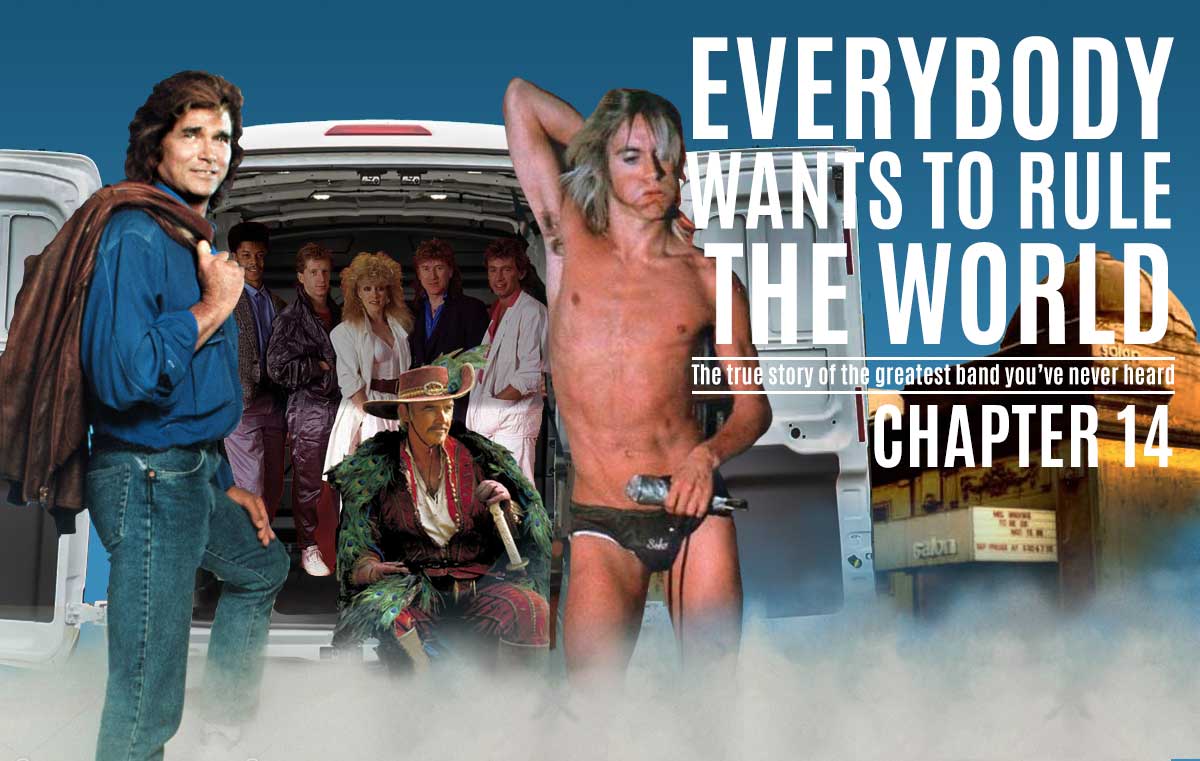Into Books Review: Zoospeak by Gordon Meade & Jo-Anne McArthur

Book: Zoospeak
Author: Gordon Meade and Jo-Anne McArthur
Publisher: Enthusiastic Press
When the poet Rainer Maria Rilke was working as a secretary to the sculptor Auguste Rodin, the two great men came up with a list of places in Paris which might inspire Rilke to write new work. One of these places was a zoo in the Parisian botanical gardens. Acute observation of the external world resulted in ‘thing-poems’ – a change of direction for this most interior of poets. ‘I wandered without peril in the midst of savage beasts, the entire creation gathered into that small space,’ Rilke wrote: words which describe as well as any the attraction of zoos for humanity.
This attraction has become increasingly controversial, and taking your kids on a trip to the zoo is now as troubling for some parents as dutifully taking them to church services. We don’t really believe in zoos any more, but we haven’t done away with them, any more than our secular society has done away with churches.
Rilke’s poem ‘The Panther’ is the most famous poem of ‘zoochosis’ ever written, capturing captivity perfectly, but also what survives captivity. The experience didn’t turn Rilke into an animal rights activist, merely an even greater poet.
One senses that the Scottish poet Gordon Meade’s latest collection of poems (his tenth) is a genuinely indignant response to the plight of animals in captivity, rather than another rung in the ladder of his poetic development. The poems are also a direct response to the photographs of the Toronto-based photo-journalist, author and animal rights activist, Jo-Anne McArthur. Each poem, ‘spoken’ by a captive animal, is accompanied on the page by the photograph it was written in response to.
The poems are formally experimental, but it’s an experiment that is quickly and easily grasped. In essence it is little different from The Twelve Days of Christmas, each line being repeated in the next verse with a new line appended each time. So the final verse of the poem contains all of its lines.
The linguistic repetitiveness reflects the existential repetitiveness of captivity. Meade acknowledges in his preface that this wasn’t his clever intention: ‘All I wanted to do was to get the words down,’ he writes. Which ought to be the extent of any poet’s ambition.
It must have been tricky to make the verses make sense in themselves, when each (apart from the last) is a fragment of a larger whole. Sometimes the join is a bit too awkward. This is the second verse of ‘Green Iguana, France, 2016’:
Is it not as if you have, somehow,
caught yourself looking down the wrong
end of a telescopic lens of a snapshot
of the past? After all, if nothing else, I have.
The sense of that last sentence alters completely in the following verse, with the addition of a new line:
After all, if nothing else, I have
Always been one of your reptilian ancestors.
Yet this variation, amounting almost to playfulness, is the exception rather than rule. When a line is altered slightly on a subsequent appearance, the impression is that this is because the poet couldn’t quite make it fit. There is, perhaps, more potential in the linguistic experiment here than Meade exploits. But the book isn’t an exploitative exercise.
That goes for McArthur’s photographs too, which are not overly slick but show the animals in an uncontrived way in their mixed state of natural glory and unnatural degradation. The exception, in terms of slickness, is the final image (and poem), ‘Washed-Up Calf Corpse, Israel, 2018’, an image which went viral (so the poem says), and resembles a disturbingly desolate ‘enchanted beach’ painting by Salvador Dalí. Doubtless due to the limited budget devoted to poetry books, the photographs are hardly done justice here. A video exhibition of the photographs with a voice-over recitation of the hypnotically repetitive text would have done more justice to both.
I am perhaps temperamentally unsuited to reviewing poetry in this unusual form, as my idea of hell as a child was being subjected to a rendition of ‘Ten Green Bottles’ on a bus (probably on the way to a zoo). After the first few poems here I found my eye leaping naturally from the photograph to the final verse of the poem: if it was good enough, then I’d make the effort to begin at the poem’s beginning. Often it was good enough. There is an admirable plainness and strength of voice in such lines as these:
There are bits of wood
that look like trees. There
are concrete walls
that look like stone.
There are two doorways;
one for in and one for out
and, also, quite a lot of ropes,
some of which are knotted
and some of which are not.
David Cameron
davidcameronpoet.com
Zoospeak by Gordon Meade and Jo-Anne McArthur is published by Enthusiastic Press (£6.99)




Leave a Reply
You must be logged in to post a comment.